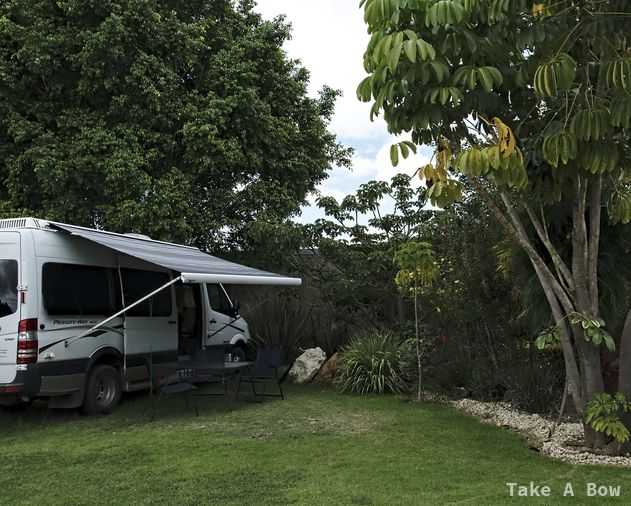Below are collected stories and photos of our nomadic journey. We did this not only to share with you but also to act as a virtual scrapbook for us and our probably failing memories.
Please enjoy this new blog website. The recent posts are listed below. Anything before 2023 has been archived: If you’re looking for older stories, visit the archive.
Why did we do this to our blog? In the beginning, WordPress software served us well. Over time, though, their software became bloated and very slow to load in your browser.
We’re now using Pelican, a static-site generator, which means the pages are delivered much, much faster to you.
Who Are These Nomads?
In 2012, Deena and Ivan sold or gave away everything they owned. They “slow travel”, which means they stay in one location for some time to allow the culture of a place to color their souls.
At first, they squeezed everything they needed into 2 suitcases, 2 carry-ons, and 2 computers. With only that, they went around the world for 5 years, usually staying in one country for three months.

In 2017, upon arriving in Florida from Panama, they purchased a used Mercedes Sprinter van conversion. Since then, they’ve been living full-time with everything they own, of course, in their Sprinter.
 The “slow travel” style hasn’t changed by living in the van, except maybe it became even slower during the pandemic. Most of the pandemic was spent in various places in Mexico and the United States.
The “slow travel” style hasn’t changed by living in the van, except maybe it became even slower during the pandemic. Most of the pandemic was spent in various places in Mexico and the United States.

